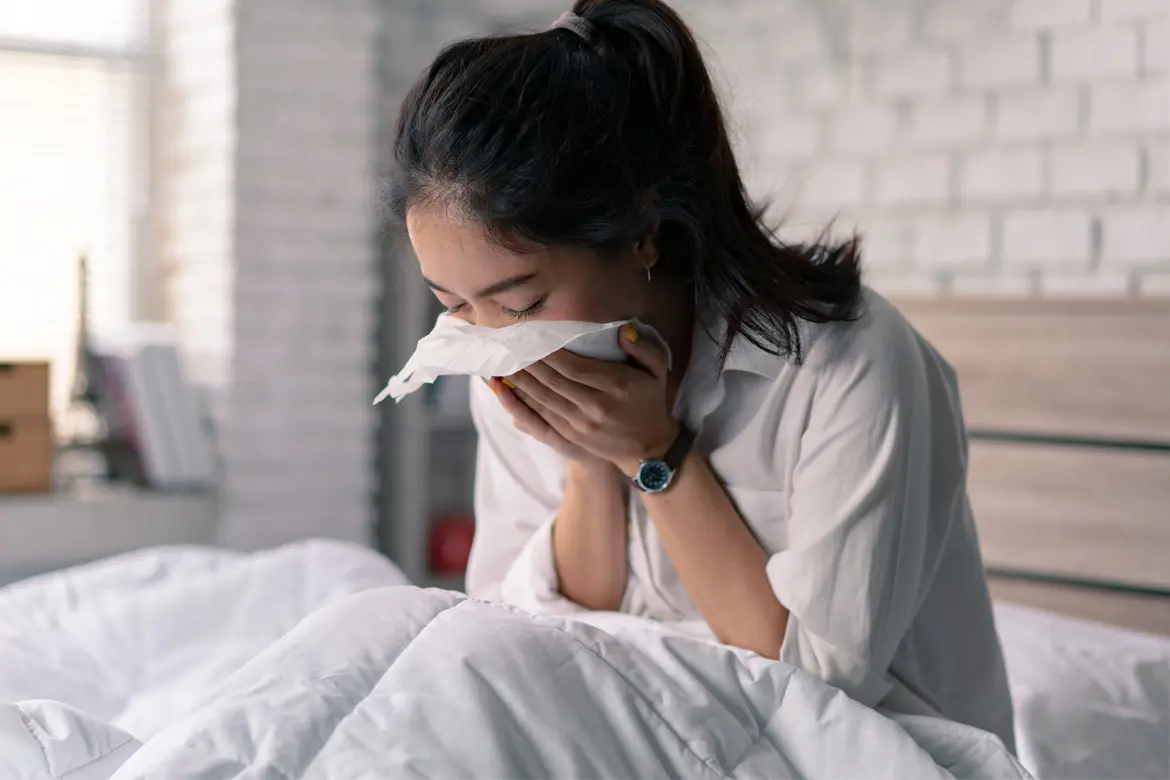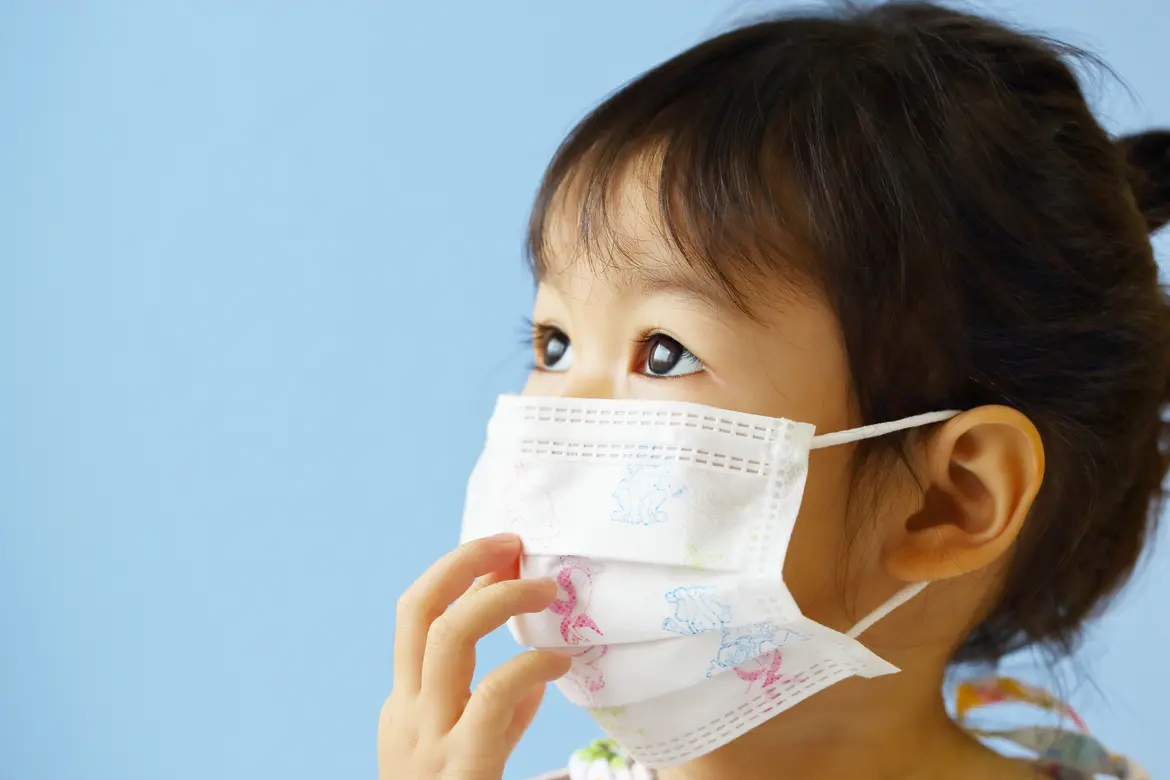Coughing up blood (blood in phlegm)
Coughing up blood can be a scary experience, but it is not always a sign of a serious issues in a person who is young and otherwise healthy.
It may appear as small amounts of bright red blood or frothy blood-streaked phlegm. The blood is usually from your lungs and is often the result of prolonged coughing or a chest infection. However, coughing of blood clots is potentially serious and you should see a doctor immediately.
In older people, coughing up blood is a cause for concern. This is especially so in those who smoke. Sometimes, blood that is dark and contains bits of food or what look like coffee grounds may be coming from the digestive system rather than lung. This is still a serious problem which needs to be medically evaluated.
Common causes of coughing up blood
Coughing blood-stained mucus (haemoptysis) can be a sign of a serious condition, Possible causes include:
- Bronchiectasis. Abnormally widened and damaged airways of the lungs making the lungs more vulnerable to infection
- Lung cancer. More likely to happen in those older than 40 and smoke tobacco. It causes a persistent cough, shortness of breath and chest pain
- Neck cancer. Starts in the throat, larynx or windpipe, causing a swelling or sore that does not heal, a permanent sore throat and a red or white patch in the mouth
- Pneumonia and other lung infections inflame the lung tissue causing bloody sputum
- Pulmonary embolism. A blood clot in the lungs, which usually causes sudden shortness of breath and chest pain
- Pulmonary oedema. Fluid in the lungs usually occurring in people with pre-existing heart problems
- Tuberculosis. A severe lung infection associated with fever and sweating
- Anticoagulants. Medications that prevent the blood from clotting, such as warfarin
When is coughing blood an emergency?
A cough that produces pink and frothy sputum, especially when it is associated with breathlessness, is a warning sign to go to the Urgent Care Centre (UCC) immediately as it indicates fluid overload in your lungs and is potentially fatal.
Seek immediate medical attention at the hospital if you experience any of the additional symptoms:
- Blood in mucus for more than a week, or bleeding that gets worse
- Chest pain
- Weight loss
- Night sweats
- A body temperature of 38°C or higher
- Shortness of breath during normal activity












